fifa
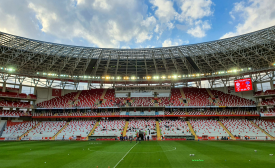
Can international soccer change the shaky trajectory of Canada-U.S. relations?
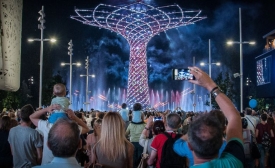
CPD's César Corona analyzed the lessons the U.S. should learn from its failure to host the Expo 2027.
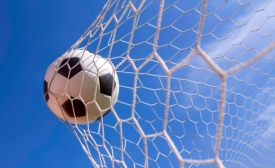
Africa-Diaspora collaboration could tackle global challenges and reshape power dynamics.
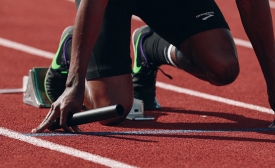
Read highlights from Lindsay Keare, SportsDiplomacy.org researcher for key insights on what's next for cities, sports and public diplomacy.
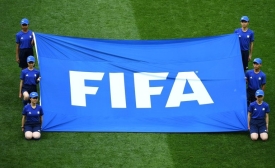
The short film "Rising Stars" highlights the cultural exchange experience of Chinese teenagers selected to be flag bearers at FIFA World Cup 2018.
Now that Qatar is embroiled in controversy with nearly the entire Sunni Islamic world, led by Saudi Arabia, the 2022 FIFA World Cup is suddenly at risk. The Qatar World Cup has been dogged by controversy since the day it was announced in 2012. But even years of international and humanitarian moral outrage could not do to Qatar what Saudi Arabia proved able to do almost instantly: isolate Qatar’s ruling emir and take away his biggest soft-power achievement.







